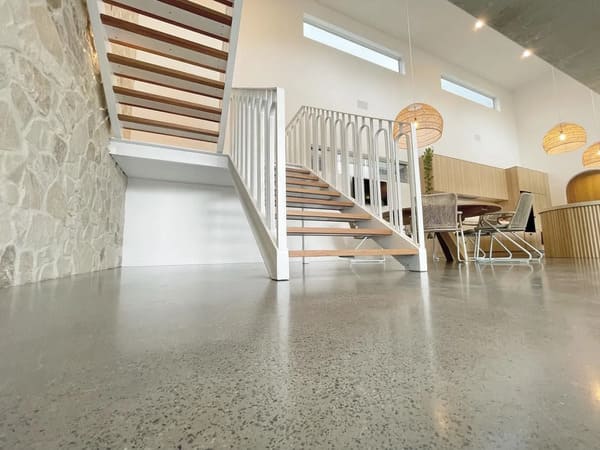![]()
Silicone rendering is a modern and versatile technique used in the construction and renovation of buildings. This method involves applying a silicone-based render to the exterior walls, providing both protective and aesthetic benefits. In this article, we’ll explore what silicone house rendering is, its advantages, the application process, and its common uses.
What Is Silicone Render?
Silicone render is a type of exterior wall coating composed of silicone resins, mineral fillers, and pigments. The primary component, silicone, is a synthetic polymer renowned for its hydrophobic (water-repellent) and elastic properties. These characteristics make silicone render an excellent choice for protecting buildings from the elements while offering a sleek and modern finish. The render can be tinted with various pigments, allowing for a wide range of color options to suit different architectural styles.
What Are The Benefits Of Silicone Rendering?
Silicone house rendering offers numerous benefits that make it a popular choice for property owners and builders alike. One of the most significant advantages is its weather resistance. Silicone render creates a water-repellent barrier on the building’s exterior, preventing moisture penetration. This feature is particularly valuable in regions with heavy rainfall, as it reduces the risk of dampness, mold, and structural damage.…




